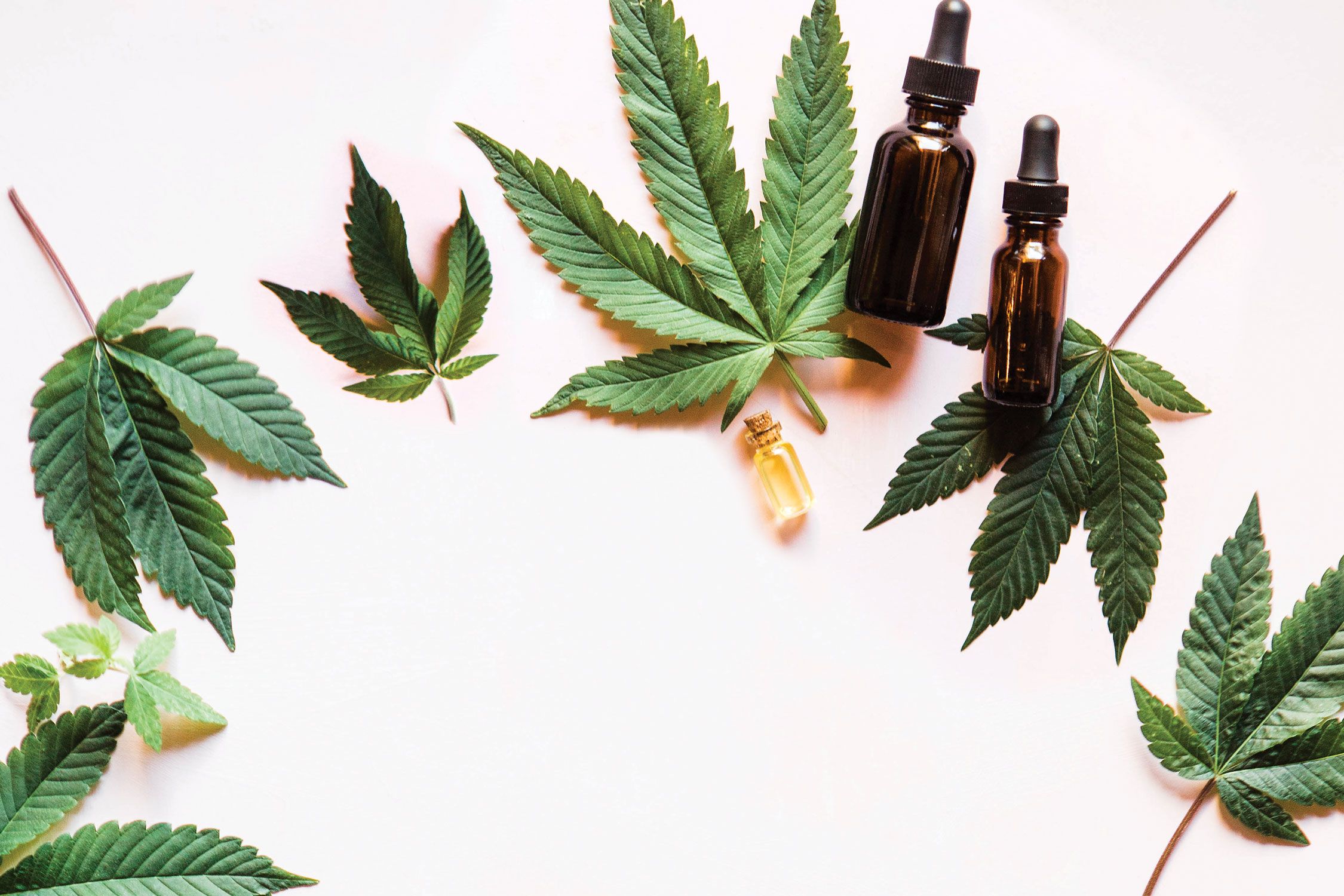As the popularity and acceptance of cannabis products continue to grow, many individuals are considering or have already made the switch from THC (tetrahydrocannabinol) to CBD (cannabidiol). While THC is the psychoactive compound responsible for the euphoric “high” associated with cannabis, CBD is non-psychoactive and is believed to offer various potential health benefits without intoxication. This comprehensive guide will explore the reasons why some people may choose to switch from THC to CBD, the potential benefits of using CBD, how to transition safely, and considerations when making the switch.
Reasons to Switch from THC to CBD
Non-Psychoactive Properties
One of the primary reasons individuals choose to switch from THC to CBD is to avoid the psychoactive effects of THC. While some people enjoy the euphoria and altered perception associated with THC, others may find it undesirable or even uncomfortable. CBD offers an alternative that does not alter consciousness, making it appealing to those seeking relief without intoxication.
Therapeutic Benefits without Intoxication
CBD has gained significant attention for its potential therapeutic benefits, which include anti-inflammatory, analgesic, anxiolytic, and anticonvulsant properties. Many individuals seek these potential health benefits without experiencing the psychoactive effects of THC.
Legal Considerations
THC remains illegal or heavily restricted in many regions, while CBD derived from industrial hemp with less than 0.3% THC is legal in various places. For individuals residing in areas where THC is not legally accessible, CBD provides an alternative option.
Workplace Drug Testing
In workplaces where drug testing is a requirement, THC consumption can lead to positive drug test results. Switching to CBD products with little to no THC content can provide a solution for those concerned about drug tests.
Reduced Tolerance
Frequent THC use can lead to increased tolerance, requiring higher doses to achieve the desired effects. Switching to CBD may help reset THC tolerance levels and allow individuals to experience the effects of THC more effectively when they choose to use it again in the future.
Potential Benefits of Using CBD
Pain Relief
CBD has shown potential as a natural analgesic, and many users report experiencing relief from various types of pain, including chronic pain, arthritis, and migraines.
Anxiety and Stress Reduction
Studies suggest that CBD may have anxiolytic properties, making it potentially beneficial for individuals dealing with anxiety, stress, and other mood-related disorders.
Improved Sleep
CBD may help improve sleep quality and address insomnia by promoting relaxation and reducing anxiety.
Anti-Inflammatory Effects
CBD’s anti-inflammatory properties may be helpful in managing conditions related to inflammation, such as arthritis and inflammatory bowel disease.
Potential Neuroprotective Effects
Preliminary research indicates that CBD may have neuroprotective properties, making it of interest in conditions like Alzheimer’s and Parkinson’s diseases.
How to Transition Safely
Start with Low CBD Doses
When switching from THC to CBD, start with a low CBD dose and gradually increase it until you find the dosage that works best for you. Every individual’s response to CBD is unique, so finding the right dose may take some experimentation.
Be Mindful of Product Formulations
Different CBD products have varying levels of bioavailability, which can affect their efficacy and onset of effects. Consider factors such as product type (oils, tinctures, edibles, etc.) and the presence of other cannabinoids and terpenes when choosing CBD products.
Monitor Your Response
Keep track of how you feel and any changes in symptoms or effects when using CBD. Being mindful of your body’s response will help you determine whether the switch to CBD is meeting your needs and expectations.
Seek Professional Advice
If you have specific health concerns or are taking other medications, it is essential to consult with a healthcare professional before making the switch to CBD. They can provide personalized guidance and ensure that CBD is safe and appropriate for your circumstances.
Considerations When Switching from THC to CBD
The Entourage Effect
CBD and THC have a synergistic relationship with other cannabinoids and terpenes present in the cannabis plant, known as the entourage effect. While CBD may provide benefits on its own, some individuals find that a combination of CBD and other cannabis compounds produces more profound effects.
Differences in Effects
While CBD and THC share some potential therapeutic benefits, they also have distinct properties. For example, THC is more commonly used for pain relief and appetite stimulation, while CBD is often used for anxiety and sleep issues. Consider your specific health goals when deciding which cannabinoid or combination may be more suitable for you.
Legal Status
Before making the switch, consider the legal status of CBD and THC in your region. While CBD derived from industrial hemp is federally legal in many countries, the legality of THC varies significantly, and its possession may carry legal consequences.
Full Spectrum vs. CBD Isolate
When choosing CBD products, you will encounter both full spectrum CBD and CBD isolate options. Full spectrum CBD contains all the cannabinoids and compounds naturally present in the cannabis plant, while CBD isolate is pure CBD without any other compounds. Some individuals prefer full spectrum CBD due to the entourage effect, while others may choose CBD isolate to avoid any trace amounts of THC.
Conclusion
Switching from THC to CBD is a personal decision that depends on individual preferences, health goals, and legal considerations. CBD offers non-psychoactive potential benefits and has gained popularity for its therapeutic properties, making it an appealing option for those seeking relief without intoxication. When transitioning to CBD, it is essential to start with low doses, monitor your response, and seek professional advice if needed.
As research into cannabinoids and their interactions with the ECS continues, we are likely to gain more insights into their specific applications and potential benefits in various medical contexts. Always consult with a healthcare professional before using any cannabis-derived products, especially if you have specific health concerns or medical conditions. Whether you choose to use THC, CBD, or a combination of both, being informed and mindful of your body’s response will help you make the best decisions for your overall health and well-being.
- Fruity Delights: My Melo THC Beverage Adventure! - April 23, 2024
- Fruity Fusion: My Melo THC Beverage Escapade! - April 23, 2024
- Dr. Laura Geige Explores the Benefits of Polynucleotides - April 5, 2024







